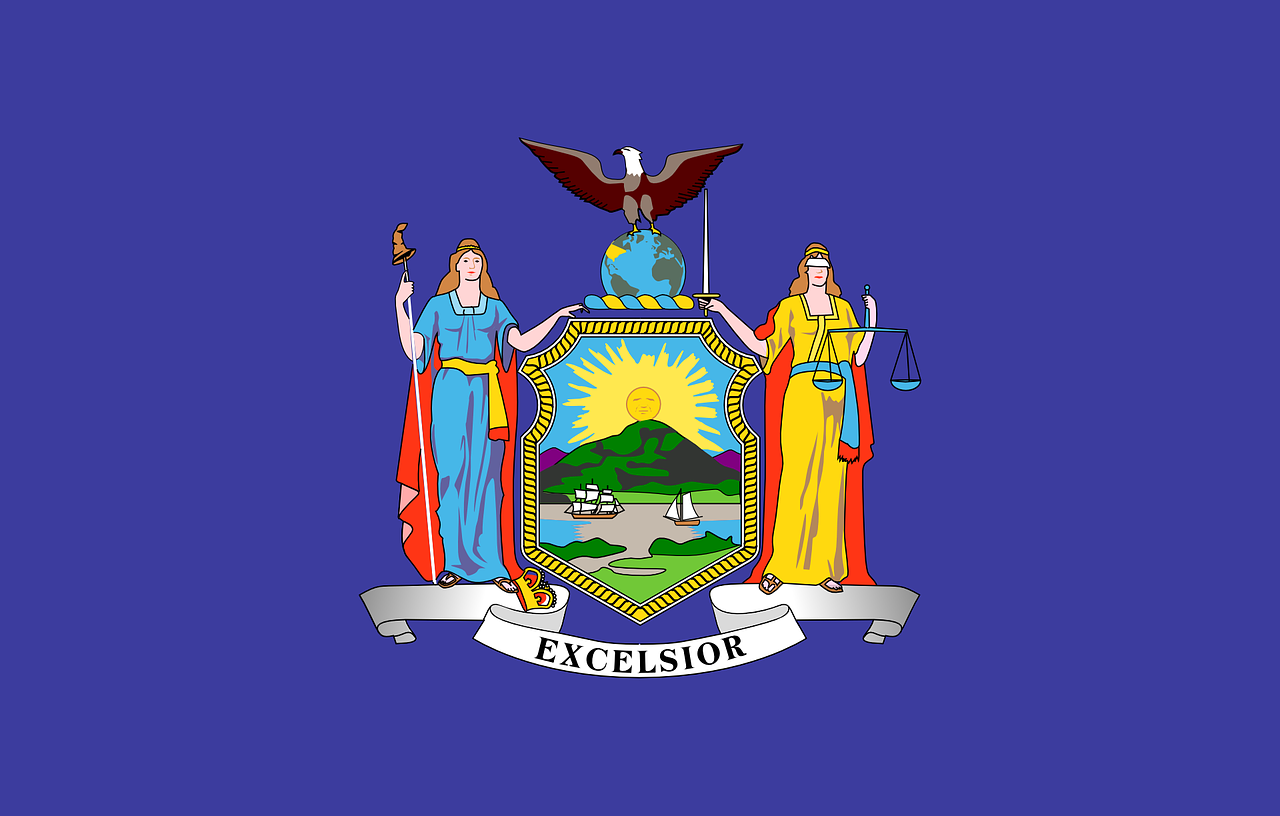Incumbent Kathy Hochul (D) and Lee Zeldin (R) are running in the November 8, 2022, general election for governor of New York.
TIME’s Charlotte Alter wrote, “In a normal year, New York Governor Kathy Hochul might be coasting to victory in November. She’s a reasonably popular Democrat running for re-election in a blue state that hasn’t elected a Republican governor in 20 years. […] Yet as Democrats brace for a Republican wave in the midterm elections, Hochul’s race has tightened, getting too close for Democrats’ comfort.”
Hochul was the lieutenant governor of New York under former Governor Andrew Cuomo (D) and replaced him in August 2021 after Cuomo resigned from office. Hochul represented New York’s 26th Congressional District from 2011 to 2012 and served as Erie County clerk from 2007 to 2011. Hochul is New York’s first female governor.
Zeldin, an attorney and officer with the U.S. Army Reserve, has represented New York’s 1st Congressional District since 2015. Before being elected to Congress, Zeldin represented the 3rd District in the New York State Senate.
Zeldin has centered his campaign around public safety and said crime rates in New York have risen during Hochul’s tenure. Zeldin said Hochul should do more to revise the state’s bail laws and accused her of supporting “catch-and-release policies.” Zeldin said, “There is a crime emergency right now in New York State. The governor is unwilling to call it for what it is. Many of her allies are unwilling to call it for exactly what it is. The public is being lectured to and told to look away.” Zeldin said that, if elected, he would change the state bail laws and “fire weak prosecutors.”
In response, Hochul said she had prioritized New Yorkers’ safety by focusing on removing weapons from the streets. Hochul highlighted her support for gun control measures and criticized Zeldin for not supporting bills regulating assault weapons while in Congress. “While our extreme opponents are trying to keep people scared, I’m working to keep New Yorkers safe with real action to get dangerous weapons out of our communities,” Hochul said. On bail reform, Hochul said she had already signed into law changes to the state’s bail laws in April 2021.
Hochul has also focused on abortion and said she would fight against measures rolling back access to it. At a debate in October, Hochul criticized Zeldin for his record on the issue. “You’re the only person standing on this stage whose name right now — not years past — that right now, is on a bill called ‘Life Begins at Conception,’ ” Hochul said.
In response, Zeldin said he would not seek to change the state’s laws regarding abortion. “Let me be clear. As Governor, I will not change and could not change New York’s abortion law,” Zeldin said in a campaign ad.
Each candidate has a running mate for lieutenant governor. Hochul’s running mate is incumbent Lieutenant Governor Antonio Delgado (D), and Zeldin’s running mate is Alison Esposito (R).
This is one of 36 gubernatorial elections taking place in 2022. The governor serves as a state’s top executive official and is the only executive office that is elected in all 50 states. There are currently 28 Republican governors and 22 Democratic governors. Click here for a clickable map with links to our coverage of all 50 states’ responses to the pandemic and here for an overview of all 36 gubernatorial elections taking place in 2022.
Heading into the 2022 elections, there are 23 Republican trifectas, 14 Democratic trifectas, and 13 divided governments where neither party holds trifecta control. There are 23 Republican triplexes, 18 Democratic triplexes, and nine divided governments where neither party holds triplex control.
A state government trifecta refers to a situation where one party controls a state’s governorship and majorities in both chambers of the state legislature. A state government triplex refers to a situation where the governor, attorney general, and secretary of state are all members of the same political party.


